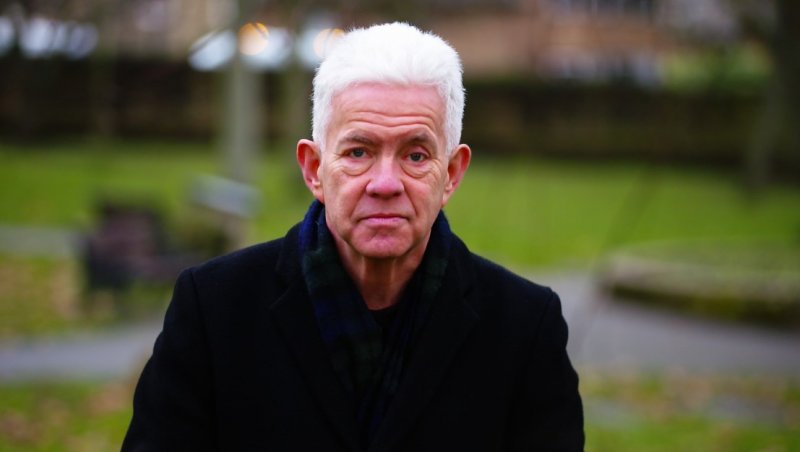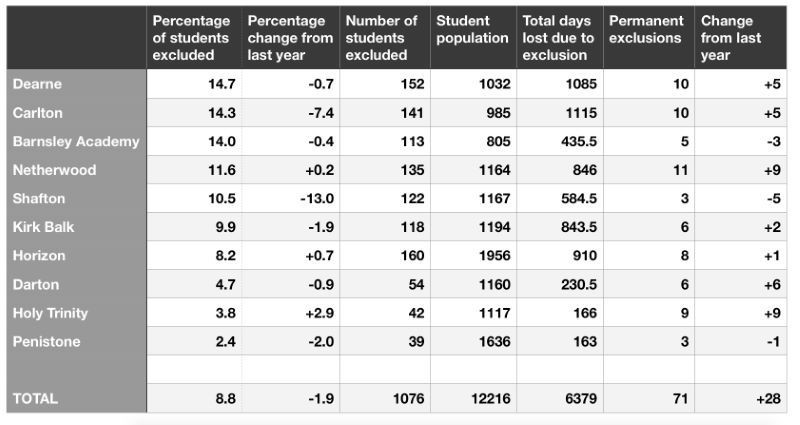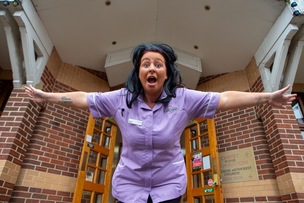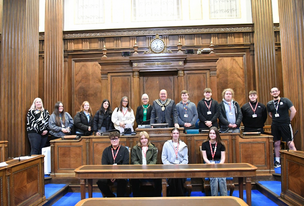A HUGE rise in the number of pupils permanently excluded from Barnsley secondary schools is recorded in figures obtained by the Chronicle - with racist, homophobic and physical behaviour which endangered staff or students blamed for a spate of expulsions at one school.
Figures obtained under the Freedom of Information Act reveal the proportion of pupils subjected to fixed term exclusions - or suspended - fell by just under two per cent in the most recent school year to July.
But over the same period the number of pupils permanently excluded jumped by 65 per cent from just 43 to 71.
No secondary school avoided making permanent exclusions.
Penistone Grammar and Outwood Academy Shafton recorded the fewest at three each, with Netherwood topping the chart at 11.
Two years ago five schools had avoided any permanent exclusions and there were just 20 across the borough - meaning over two years the figures have more than tripled.
In terms of fixed term exclusions (FTE), where students are sent home for a day or more, Astrea Academy Dearne excluded the greatest proportion of its students - 152 in total or 14.7 per cent of the school population. It also had the second highest number of permanent exclusions with ten - double the previous year’s total of five.
But the school has also just seen its best ever GCSE results and principal Joanne Wilson said it was important to maintain high standards with regards to behaviour.
She said exclusions are only used as a ‘last resort’ when other alternatives have been exhausted, and although the figures for fixed-term exclusions are high, they have reduced slightly as a percentage of the number of pupils on roll.
“High expectations have resulted in increased results,” she said. “Of the 152 pupils (subjected to fixed term exclusion), 54 have received just one FTE. This shows these students understand the expectations. 21 of these students no longer attend the Dearne.”
Mrs Wilson said while seeing the figures fall was an aim, it was important to maintain standards and to protect other pupils from both distractions to their education, and from harm.
“Students deserve the right to come to school and have the same learning experiences as any other school in the country. Over half of the exclusions are for persistent disruptive behaviour. This shows that this will not be tolerated in classrooms and the learning environment at The Dearne.
“We will continue our inclusive approach, but maintain our high standards. It is clear that FTEs need to fall nationally and to help address this we have created our own in-house Alternative Provision that offers a tailored approach for identified students.
“These students still access their full GCSE entitlement; however do so in a teaching environment that better suits their specific needs. Whilst it is still early days, current evidence suggests these students are really engaged and incredibly positive about their learning and their future. As a result, FTE are lower.
“Unfortunately seven out of the ten permanent exclusions involved direct racist, homophobic, or physical behaviour that endangered staff and/or students.
“No adult or child should come to school and be treated this way. Parents trust the school to keep their children safe.”
Barnsley Council’s spokesperson for children’s services Coun Margaret Bruff said: ““Our schools are working with their pupils to ensure the learning environment is safe, which will help them reach their potential.( While we hope that no child would ever be excluded, we recognise that there are times when it is an appropriate response. However, we do ask schools to use exclusions appropriately and proportionately.
“Through the Barnsley Alliance, we work in close partnership with all our schools and academies offering support and challenge where necessary. It’s pleasing fixed term exclusions are starting to reduce in some schools and academies as a result of this close partnership working.
“Where pupils are permanently excluded, we work effectively with school and academy leaders across Barnsley to ensure an appropriate alternative school place can be found as soon as possible, in line with national guidance.”
*****
But it’s good news for two schools
TWO Barnsley schools which for years have topped the chart for most pupils excluded saw numbers slashed dramatically in the most recent school year.
Outwood Academy Shafton and Outwood Academy Carlton - which just a few years ago were both sending home almost a third of all their pupils every year for a variety of behaviour reasons - have both recorded dramatic reductions in the number of fixed term exclusions, where pupils are sent home for a day or more.
Outwood Academy Carlton excluded 141 pupils at some point during the last year - or 14.3 per cent of its school population, while Outwood Academy Shafton excluded 122 pupils, or 10.5 per cent.
The Chronicle has submitted a Freedom of Information request to obtain the data every year for the last few years, and Outwood Grange Academies Trust repeatedly stated that both Carlton and Shafton’s figures would start to fall as its strict policies settled in over time.
Principal Cara Ackroyd said: “In my experience it can take a full cohort of students moving their way through school to see the full effect in the figures, and that is exactly what has happened.”
The year 11 students who left in the summer were in year seven when Outwood Grange Academies Trust took on the school. The trust’s arrival initially led to many reports from parents of very high levels of exclusion including for issues to do with uniform, make-up and consumption of banned sugary drinks and snacks.
“The standards haven’t changed,” she said. “The expectations we have of students are still as they always were, incredibly high.
“What we are finding is the relationships between the school, the staff, the students and the parents are extremely positive and supportive. The school had been in special measures for such a long time, but now we’re rating good in every area. Students feel proud of their school and their school community.”
Parents often complain that minor issues with uniform do not affect their education and should not be treated so harshly, but Cara said that establishing firm rules over the longer term had been a huge help and the school had achieved its best ever results this summer.
“The outcomes certainly seem to show it works. What we found was once we started to eradicate the sort of low-level disruptive behaviour and things that were taking up time, there was more time for what we wanted to be doing and talking about - conversations about learning could replace conversations about shoes and boots.”






























